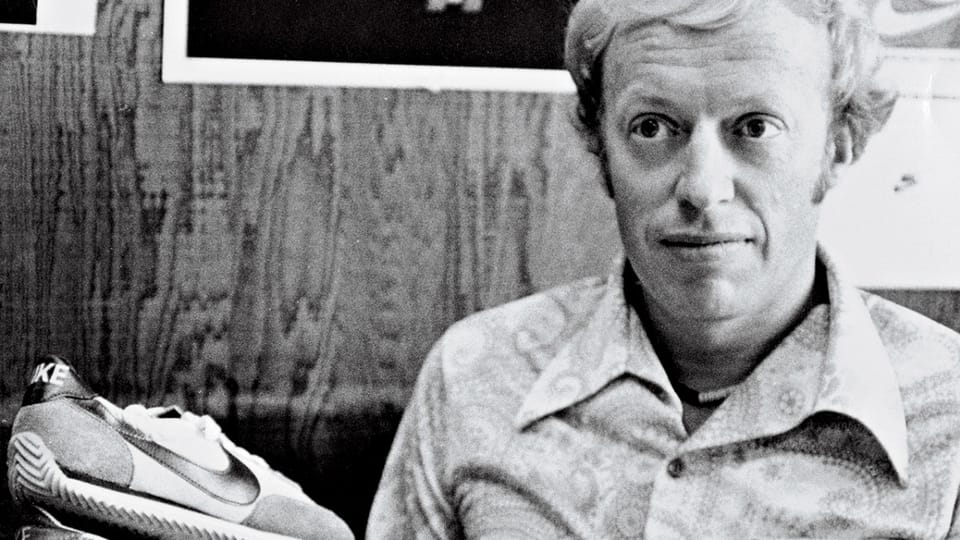"Supply and demand is always the root problem in business" – Shoe Dog: A Memoir by the Creator of Nike
I’ve just finished reading the autobiography of Nike founder Phil Knight. I really liked it because it shows the huge efforts and bets you have to make in order to achieve your dream and conquer the world.

This article was originally posted in Medium.
I’ve just finished reading the autobiography of Nike founder Phil Knight. I really liked it because it shows the huge efforts and bets you have to make in order to achieve your dream and conquer the world. In order to achieve what he did you have to be really passionate about the problem you want to solve, because you will face enormous problems along the way. Don’t start something if you aren’t passionate about it!
Interesting quotes
About sales:
I’d been unable to sell encyclopedias, and I’d despised it to boot. I’d been slightly better at selling mutual funds, but I’d felt dead inside. So why was selling shoes so different? Because, I realized, it wasn’t selling. I believed in running. I believed that if people got out and ran a few miles every day, the world would be a better place, and I believed these shoes were better to run in. People, sensing my belief, wanted some of that belief for themselves.
About competing:
The art of competing, I’d learned from track, was the art of forgetting, and I now reminded myself of that fact. You must forget your limits. You must forget your doubts, your pain, your past. You must forget that internal voice screaming, begging, “Not one more step!” And when it’s not possible to forget it, you must negotiate with it. I thought over all the races in which my mind wanted one thing, and my body wanted another, those laps in which I’d had to tell my body, “Yes, you raise some excellent points, but let’s keep going anyway . . .”
About managing people:
One lesson I took from all my home-schooling about heroes was that they didn’t say much. None was a blabbermouth. None micromanaged. Don’t tell people how to do things, tell them what to do and let them surprise you with their results.
About the real problems of companies:
Supply and demand is always the root problem in business. It’s been true since Phoenician traders raced to bring Rome the coveted purple dye that colored the clothing of royals and rich people; there was never enough purple to go around. It’s hard enough to invent and manufacture and market a product, but then the logistics, the mechanics, the hydraulics of getting it to the people who want it, when they want it — this is how companies die, how ulcers are born.
About what makes a great initial team:
We were more alike than different, and that gave a coherence to our goals and our efforts. We were mostly Oregon guys, which was important. We had an inborn need to prove ourselves, to show the world that we weren’t hicks and hayseeds. And we were nearly all merciless self-loathers, which kept the egos in check.
About great marketing copy:
Beating the competition is relatively easy. Beating yourself is a never-ending commitment.
About people you inspire:
I keep thinking of one line in The Bucket List. “You measure yourself by the people who measure themselves by you.”
About low wages in South Asia:
In one country, which shall be nameless, when we tried to raise wages, we found ourselves called on the carpet, summoned to the office of a top government official and ordered to stop. We were disrupting the nation’s entire economic system, he said. It’s simply not right, he insisted, or feasible, that a shoe worker makes more than a medical doctor.
About how to combate poverty:
I think constantly of the poverty I saw while traveling the world in the 1960s. I knew then that the only answer to such poverty is entry-level jobs. Lots of them.
About giving up:
And those who urge entrepreneurs to never give up? Charlatans. Sometimes you have to give up. Sometimes knowing when to give up, when to try something else, is genius. Giving up doesn’t mean stopping. Don’t ever stop.